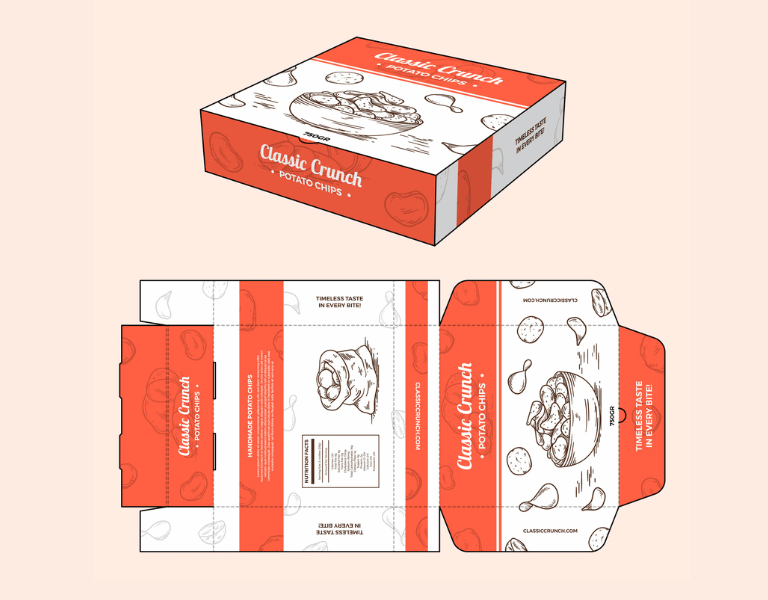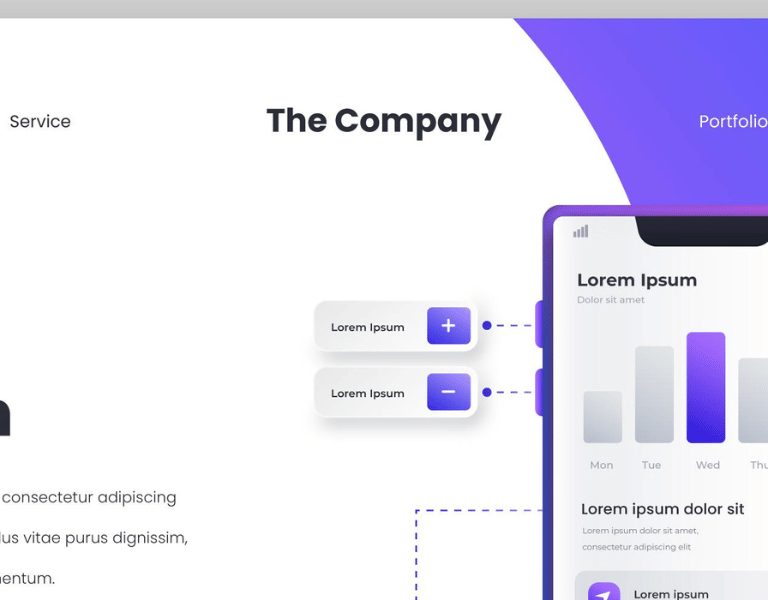Introduction:
In the quest to build a thriving business, customer loyalty is the golden ticket. But what truly drives customers to stick around?
This blog peels back the layers and delves into the fascinating world of the psychology of customer loyalty. We’ll explore the hidden triggers, emotions, and behaviours that keep customers coming back for more.
Let’s uncover the secrets that can transform your business’s customer retention game.
1. The loyalty loop:
The loyalty loop is a psychological concept that describes the cycle of customer engagement and loyalty. It starts with a customer’s initial interaction with your brand and progresses through repeated positive experiences, building trust and loyalty over time. Understanding this loop is essential for nurturing long-term customer relationships.
2. The power of emotional connection:
Emotions are at the heart of customer loyalty. Customers who feel emotionally connected to a brand are more likely to remain loyal. Businesses can create emotional bonds by understanding and responding to customer needs and aspirations.
3. The paradox of choice:
The paradox of choice suggests that too many options can be overwhelming for customers, leading to indecision or dissatisfaction. Simplifying the decision-making process and providing clear value can positively impact customer loyalty.
4. The reciprocity principle:
Reciprocity is a psychological principle where people feel obligated to give back when they receive something. In the context of customer loyalty, businesses can use this principle by offering value, rewards, or personalised experiences to customers, fostering a sense of reciprocity.
5. The influence of social proof:
Social proof, such as customer reviews and testimonials, can significantly influence purchase decisions and loyalty. Businesses can leverage positive social proof to build trust and credibility.
6. Brand identity and loyalty:
A strong and consistent brand identity contributes to customer loyalty. It shapes customer perceptions, forging a sense of recognition and belonging within a brand community. When brand identity remains steadfast and resonates with customers, it bolsters trust, instils brand loyalty, and creates advocates who feel a genuine connection to the brand’s values and vision. Brand identity shapes customer perceptions, fosters recognition, and builds a sense of belonging to a brand community.
7. The role of customer service:
Exceptional customer service isn’t just about resolving issues; it’s about creating memorable experiences. The psychological impact of outstanding customer service is very prominent in customer loyalty and advocacy.
8. The Dark Side, dealing with customer churn:
Customer churn, or the departure of customers from a brand, presents a formidable challenge to loyalty. This phenomenon often results from unmet expectations, lack of engagement, competitive enticements, negative experiences, or shifting customer needs. To combat churn, businesses must actively solicit and analyse customer feedback, offer personalised experiences, institute loyalty programs, provide proactive customer service, leverage data analytics to identify patterns, and continually refine their offerings and interactions. By addressing the psychological drivers behind churn and implementing these strategies, businesses can foster lasting customer loyalty and mitigate attrition effectively.
Conclusion:
In the age of choice overload, understanding the psychology of customer loyalty is a superpower. By unravelling the hidden drivers behind why customers stay, businesses can forge stronger connections, enhance trust, and cultivate brand advocates. Customer loyalty isn’t just about repeat purchases; it’s about creating a tribe of dedicated supporters who champion your brand.
So, as you venture into the world of customer loyalty, remember that it’s not just about the products or services you offer—it’s about the emotions you evoke and the experiences you provide. By mastering the psychology of loyalty, you can turn satisfied customers into brand evangelists, creating a thriving community around your business.








